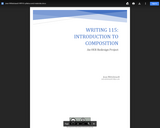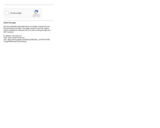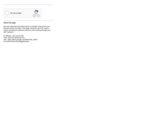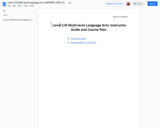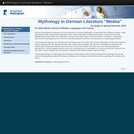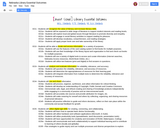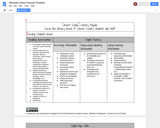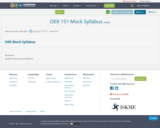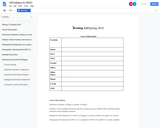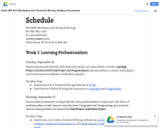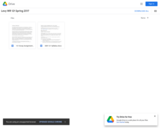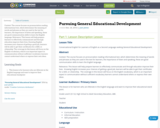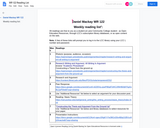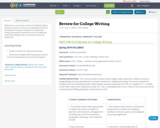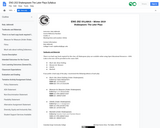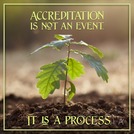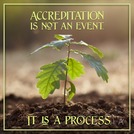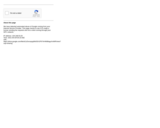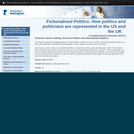
This is a module framework. It can be viewed online or downloaded as a zip file.
As taught Autumn Semester 2010/2011.
This module assesses changing attitudes to representative politics in the US and UK, specifically political parties and those who lead them, through their representation in films, plays and novels since the C19th.
How formal – party - politics is represented in films, novels, short stories, plays and television (note: in this module these five forms are covered by the term 'fiction') is an exciting and growing area of research. This is especially so in the US, but also (slowly but surely) in the UK. While the study of narrowly defined 'political' novels has a long lineage, it is only during the last decade or so that an interest in fictions expressed on the stage, screen and page has crept into more mainstream analysis.
Module Code: M13092
Suitable for study at: undergraduate level 3
Credits: 20
Professor Steven Fielding
Professor Fielding is Professor of Political History and Director of the Centre for British Politics
He is able to comment on most aspects of British contemporary politics and modern political history, but has a specialist interest in the Labour Party and popular perceptions of politics in general.
Professor Fielding has appeared many times on Sky News, Channel Four News, Radio 4 and Radio 5 as well as various local and international radio stations. He has been interviewed for the Guardian, International Herald Tribune, New York Times, Wall Street Journal, Washington Post and numerous other international publications. He has written for the Guardian, the BBC website, Yorkshire Post, Prospect, Progress as well as History and Policy. In July 2010 he wrote and presented a documentary on Radio 4, 'Dramatising New Labour'.
- Subject:
- Arts and Humanities
- English Language Arts
- Material Type:
- Syllabus
- Provider:
- University of Nottingham
- Author:
- Professor Steven Fielding
- Date Added:
- 03/24/2017
